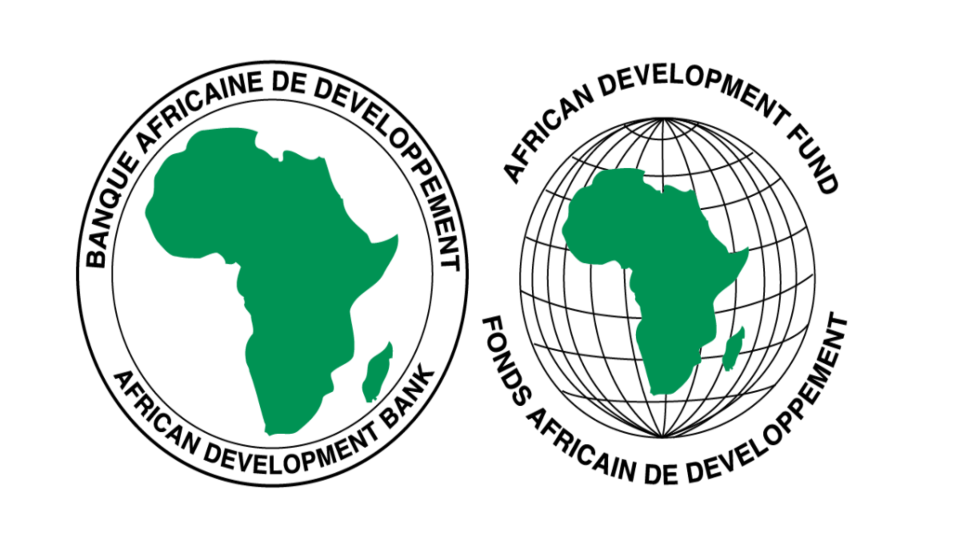Kenya Loses Sh194 Billion Annually to Corruption, African Development Bank Reports
Kenya is grappling with a staggering financial hemorrhage, losing approximately Sh194 billion annually to corruption and illicit financial flows, according to a recent report by the African Development Bank (AfDB). This figure, equivalent to roughly $1.5 billion, represents a significant portion of the nation's economic resources, which could otherwise fund critical sectors such as healthcare, education, and infrastructure development. The AfDB's findings highlight the pervasive nature of corruption in Kenya, underscoring the urgent need for robust anti-corruption measures to safeguard the country's economic stability and foster sustainable growth.
The AfDB report points to corruption and illicit financial flows as major contributors to Kenya's economic challenges. These losses, which account for approximately 5% of the country's gross domestic product (GDP), drain resources that could address pressing social and economic needs. The report also notes that public spending inefficiencies cost Kenya an additional Sh650 billion annually, further exacerbating the financial strain. These inefficiencies stem from mismanagement, lack of transparency, and weak accountability mechanisms in public institutions, which erode public trust and hinder effective governance.
A significant factor contributing to Kenya's economic woes is the phenomenon of state capture, where political elites manipulate institutions for personal gain, often disregarding the rule of law. This practice has deterred both domestic and foreign investors, who perceive Kenya as a high-risk environment due to inconsistent regulatory frameworks and pervasive corruption. The AfDB emphasizes that state capture not only stifles economic growth but also undermines investor confidence, making it difficult for Kenya to attract the capital needed to drive development. As a result, the country faces challenges in creating jobs, with formal job creation dropping to 75,500 in 2024 from 123,000 in 2023, according to official statistics.
The economic impact of corruption extends beyond financial losses, fueling poverty, inequality, and dependence on foreign aid. The Sh194 billion lost annually could transform critical sectors, providing better healthcare facilities, improving access to quality education, and funding infrastructure projects that create jobs and stimulate economic activity. For instance, the funds could support the construction of modern hospitals, equip schools with necessary resources, or expand transportation networks to boost trade and connectivity. Instead, these resources are siphoned off, leaving millions of Kenyans without access to basic services and opportunities.
The AfDB report also highlights the role of tax exemptions and incentives, which cost Kenya an additional $800 million annually. While intended to stimulate economic activity, these exemptions often benefit well-connected individuals and corporations, further widening the inequality gap. The combination of corruption, illicit financial flows, and poorly managed tax policies creates a vicious cycle that hampers Kenya's ability to achieve its development goals.
Efforts to combat corruption in Kenya have been ongoing, with institutions like the Ethics and Anti-Corruption Commission (EACC) stepping up their oversight of public transactions. The EACC has vowed to take legal action against public officers found engaging in fraudulent activities, particularly during high-risk periods such as the end of the financial year. Recent cases, such as the arrest of a Kenya Maritime Authority official over a Sh40.5 million insurance fraud and charges against University of Nairobi Council officials for abuse of office, demonstrate the EACC's commitment to holding individuals accountable. However, these efforts face challenges, including limited resources and political interference, which undermine their effectiveness.
The AfDB report comes at a time when Kenya is navigating other economic pressures, including a looming Sh876.1 billion budget deficit for the financial year starting July 2025. The government plans to borrow Sh591.9 billion from the local credit market to bridge this gap, but mounting fiscal pressures and a recent delay in a Sh96.9 billion loan from the World Bank due to anti-corruption law concerns highlight the complexity of Kenya's financial landscape. The World Bank's hesitation underscores the international community's growing scrutiny of Kenya's governance practices, further emphasizing the need for systemic reforms.
Public sentiment reflects growing frustration with the state of governance in Kenya. Citizens and advocacy groups are increasingly vocal about the need for transparency and accountability. The upcoming Saba Saba protests, scheduled for July 7, 2025, signal rising public discontent, with demands for President William Ruto's administration to address corruption and deliver on promises of economic reform. Activists argue that the government's failure to uphold democratic values and ensure transparent governance has exacerbated the challenges outlined in the AfDB report.
Despite these challenges, there are glimmers of hope for Kenya's economic future. The AfDB projects that Kenya's GDP will grow by 5% in 2025, driven by agriculture and fintech innovations. Recent financial maneuvers, such as raising Sh194 billion through a Eurobond to ease debt pressure in 2027, indicate efforts to stabilize the economy. However, sustainable growth will require addressing the root causes of corruption and implementing reforms to strengthen institutions, enhance transparency, and restore investor confidence.
The AfDB's findings serve as a clarion call for Kenya to confront its corruption crisis head-on. By prioritizing anti-corruption measures, streamlining public spending, and fostering an environment conducive to investment, Kenya can unlock its economic potential and improve the lives of its citizens. The path forward demands collective action from government, civil society, and the private sector to build a more transparent and accountable system that ensures resources are used for the public good.


